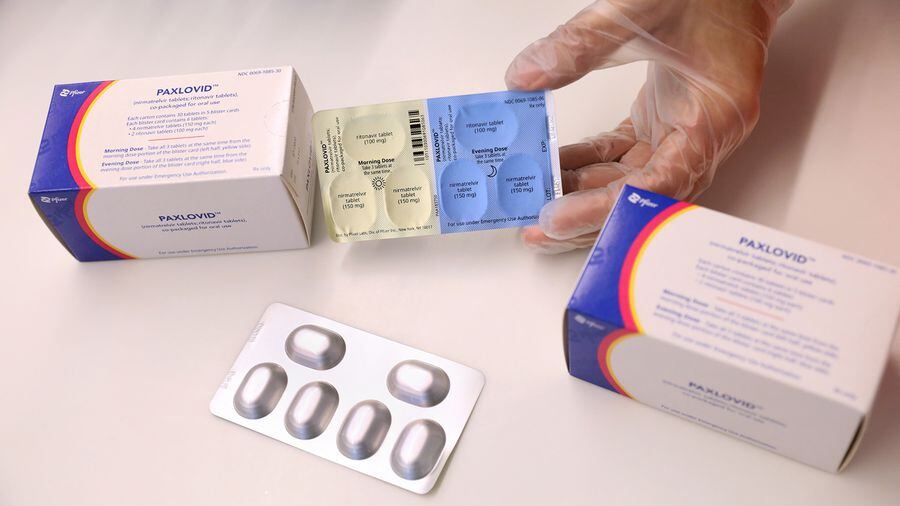Study Suggests Antiviral Treatment’s Potential in Delaying Type 1 Diabetes
Recent research conducted by Dr. Ida Maria Mynarek and Professor Knut Dahl-Jorgensen at Oslo University Hospital, Norway, and their colleagues sheds light on the potential benefits of antiviral treatment in delaying the progression of beta-cell damage, a critical factor in clinical type 1 diabetes.
The study recommends further exploration into the use of antivirals, either alone or in combination with other treatments, to preserve insulin-producing beta-cells.
Tip: Fill out this form to check if you or a friend qualify for Glucose Monitors.
An Investigation Into the Possible Connection Between Type 1 Diabetes and Viral Infections
The study proposes a connection between low-grade persistent virus infections and the onset of type 1 diabetes. The researchers emphasize the possibility of preventing type 1 diabetes through the development of new vaccines.
The findings underscore the need for additional studies at an early stage of the disease to assess the effectiveness of antiviral treatments in hindering beta-cell damage and delaying the onset of clinical type 1 diabetes.
Must Read CGMs in noncritical care hospitals optimizes glycemic control
Trial Details and Positive Outcomes
In a phase 2 trial involving 96 children aged six to 15, participants were randomly assigned to receive oral antiviral treatment (pleconaril and ribavirin) or a placebo for six months, initiated shortly after a diabetes diagnosis.
The results revealed that after one year, the antiviral group exhibited significantly higher C-peptide levels, reflecting insulin production, compared to the placebo group. The placebo group experienced a 24% reduction, while the treatment group only showed an 11% decrease.
Implications for Treatment and Future Research
The study emphasizes the importance of finding optimal antiviral drugs for standalone use or as part of combination treatments to rescue insulin-producing beta-cells.
Researchers highlight the potential of antiviral treatment to delay beta-cell damage, providing a rationale for further investigation.
The presented results demonstrate a 26-week antiviral course preserving C-peptide secretion and a higher proportion of participants with clinically relevant preserved C-peptide secretion compared to the placebo.
Read Guide about Wegovy Dosage Guide: The Best Way For Weight Loss
Safety and Long-Term Considerations
Crucially, the antiviral treatment was deemed safe with no severe adverse events reported. The findings, published in Nature Medicine, contribute to the INNODIA consortium’s efforts to research, prevent, and cure type 1 diabetes.
The study’s positive outcomes were presented at the annual meeting of the European Association for the Study of Diabetes (EASD) in Hamburg, Germany.
Also, read about Voice Technology and AI for Diabetes
Conclusion
This groundbreaking study suggests that antiviral treatment, administered at an early stage, holds promise in delaying the progression of type 1 diabetes by preserving insulin-producing beta-cells.
The findings provide a foundation for future research into optimal antiviral drugs and their potential as standalone treatments or part of combination therapies.


